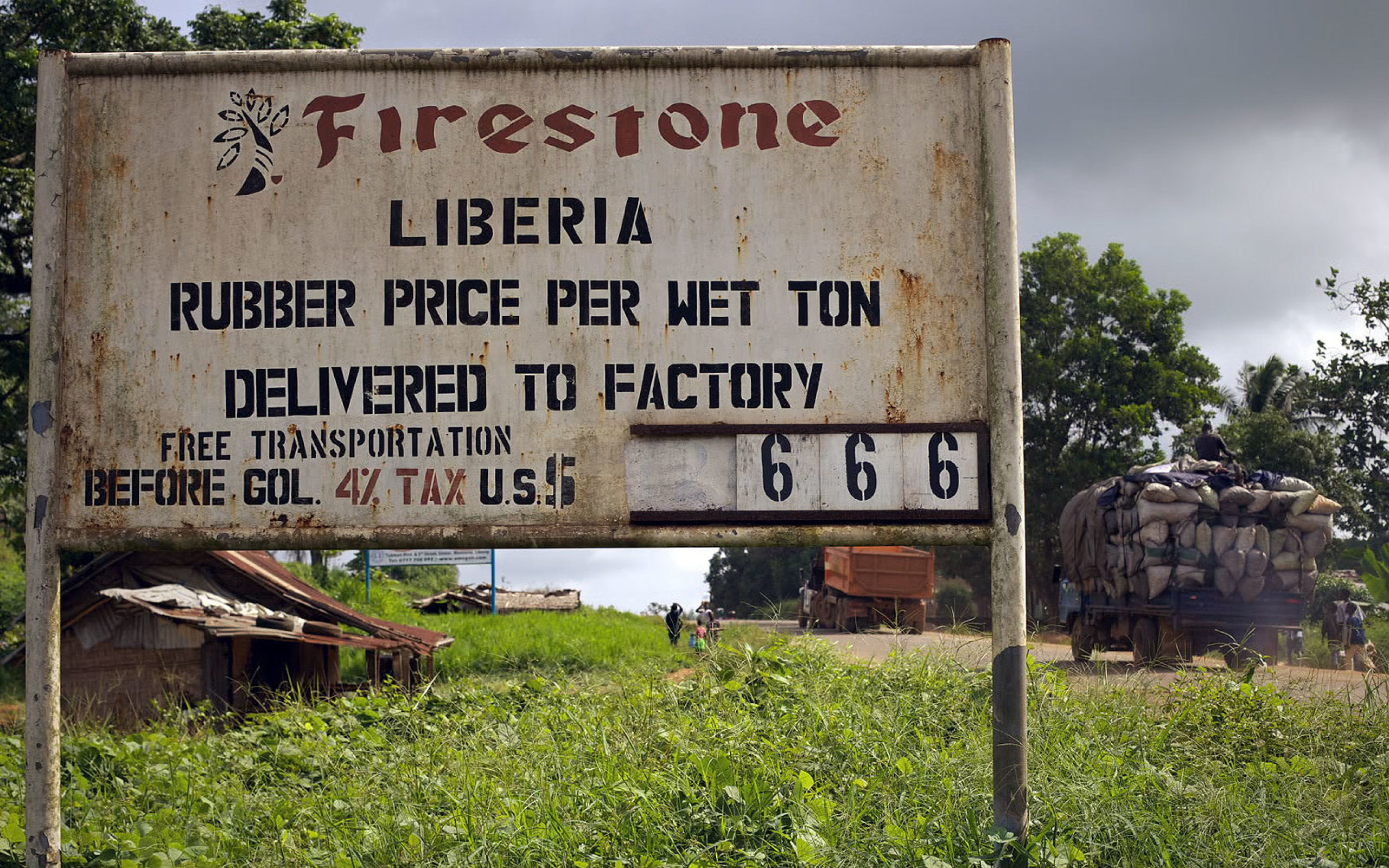
Firestone in Liberia pursues drastic layoffs, worrying many

The 6,500 workers at the Firestone rubber plantation in Liberia are bracing for job cuts after the American-owned company announced it will substantially reduce its workforce.
The Firestone farm, the world’s single largest rubber plantation, has operated in this West African nation since 1926. It said this month it will reduce its staff by 13 percent, or approximately 800 employees, in early 2019 due to several constraints including a fall in the rubber price on the world market.
The impending layoffs are a serious blow to Liberia, whose economic growth has been projected by the IMF to drop to 0.4 percent this year, and a shock to employees on the Firestone plantation, whose rubber production remained operational even during Liberia’s 14-year civil war.
The Firestone company operates the 118,000-acre (47,753-hectare) rubber growing and processing facility, employing workers who harvest and process natural rubber, which is shipped to Bridgestone America tire plants. Firestone exports its rubber through the port of Monrovia.
“It’s unbelievable that Firestone will downsize this number,” workers’ spokesman Rodennick Bongorlee told The Associated Press in the town of Harbel, coined from the given names of the company’s founder, Harvey Firestone, and his wife, Idabelle.
Harbel is close to Liberia’s only international airfield, Roberts International Airport, built by the Americans in the 1940s as a refueling post for U.S. forces in action in World War II.
The decision “has very negative effects on us. That’s why now when you come to Firestone, the trauma is very heavy on the people,” said Bongorlee. “Many of us came here when we were of our youthful age and today some of us have spent pretty close to 20 years, some people (have) spent 25 to 30 years here and they have nowhere to go.”
General manager Tod Knopp referred to the Firestone press release when asked to be interviewed.
“Headcount reductions will take place throughout the company’s operations, and include retirements, the discontinuation of certain work contracts, and redundancies,” the release said. The staff reduction is necessary due to “continued and unsustainable losses resulting from high overhead costs associated with the company’s concession agreement with the government of Liberia, low natural rubber production because of the country’s prolonged civil wars and continued low global natural rubber price.”
Firestone’s top managers have met with Liberian government officials twice since making the announcement in a bid to find a common ground but so far nothing has changed. Another meeting between the government and company officials has been scheduled for early April.
Garmai Paul, a mother of three, stays at the plantation with her boyfriend and father of her children. She said she has had sleepless nights since the layoff announcement.
“If Firestone puts him down from work, it will not be easy,” she told the AP. “Firstly, the money he will be given to retire will not be enough to take care of us. We won’t have money to pay the children’s school fees in a different school.”






